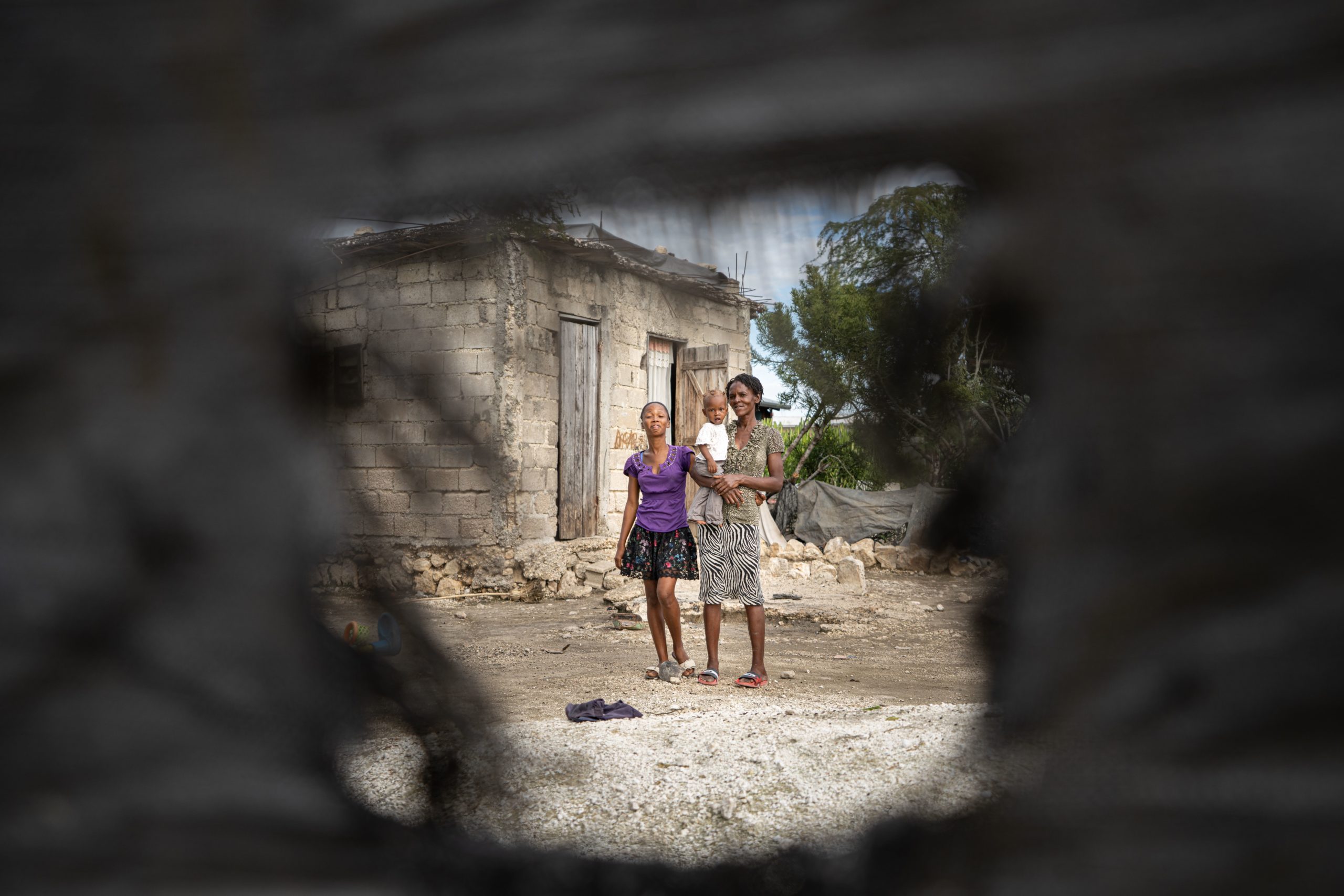Caribbean
Situation Report: Haiti – CLIO – July 2021
*MI Americas is a member of the Cadre de Liaison Inter-Organisations (CLIO) – a network of 51 national and international civil society organizations operating in Haiti. This press release has been translated into English from the French original, which you can find in our Resources section.*
For Immediate Release
July 21, 2021
Port-au-Prince, Haiti – The Cadre de Liaison Inter-Organisations (CLIO) calls attention to Haiti’s deep and ongoing political, social, economic, and moral crisis. For over three years now, the first to feel the effects of this crisis are the Haitian people, especially the most vulnerable.
Since the summer of 2018, Haiti has been going through an unprecedented crisis marked in particular by alarming insecurity, human development indicators at their lowest, and great economic fragility. Kidnappings, inter-gang clashes, targeted assassinations, massacres of civilians, and human rights violations have become commonplace especially in the Port-au-Prince Metropolitan Area (ZMPP), with total impunity. The tragic assassination of President Jovenel Moïse on the night of July 6-7 is the last in a series of repeated and unpunished crimes and violence.
While more than half of the Haitian population continues to live below the poverty line, the country now has approximately 18,100 internally displaced persons, 14,700 of whom have been displaced in the last four weeks, a symbol of the current outbreak of violence and insecurity. Among the displaced are women, girls, and children, but also the elderly and disabled, who have been forced to leave their homes in Martissant and Fontamara. They’ve taken refuge in the Sports Center of Carrefour, the church of St. Yves or Delmas 103 to live in deplorable and unacceptable conditions. Urgent solutions have still not been found for the forgotten displaced of Bel-Air and La Saline.
In this unpredictable and unstable context, where humanitarian access is increasingly restricted, CLIO fears that the assassination of the President will plunge the country into further uncertainty and instability and will aggravate the situation of insecurity, particularly with new neighborhoods falling under the domination of gangs which already control a third of the ZMPP. As the country was already suffering a deep crisis of governance, CLIO also fears an exacerbation of the economic pressure, among other consequences of the institutional void caused by the assassination of the President.
CLIO therefore wishes to share three key messages:
- CLIO deplores the assassination of the President of the Republic, Mr. Jovenel Moïse, as well as the attack on his wife, Mrs. Martine Joseph Moïse, during the night of July 6-7, 2021. CLIO presents its condolences to the members of his family, his children, and the entirety of Haitian society. CLIO hopes that light can be shed on the circumstances of this crime, as well as on many other criminal acts perpetrated against Haitian citizens.
- CLIO recalls that the first people affected by this unprecedented crisis are the most vulnerable, many of whom continue to live in unacceptable conditions. CLIO therefore invites the authorities and actors concerned to assist and accompany the Haitian population to put in place protection mechanisms that guarantee their well-being and security while respecting their dignity. Particular attention must be paid to specific groups including single mothers, pregnant women, children, the elderly, displaced persons, disabled persons, as well as adolescents and girls, all of whom are powerless as they witness the deterioration of their socio-economic conditions and the violation of their human rights. In this sense, the CLIO calls on all concerned state and non-state actors to secure the basic rights of all citizens without distinction, to guarantee humanitarian access, and to respect the mandate of organizations working in this field.
- CLIO appeals to the various national political forces to work together for a rapid return to institutional order through existing constitutional mechanisms in order to support the socio-political efforts to stabilize the country. CLIO firmly believes that this is the time for national solidarity in order to maintain institutional order to create a secure environment for the population on the one hand, and on the other hand, to guarantee an inclusive participation for the stabilization of the country, and thus revitalize the principles and values of a democratic and prosperous Haiti. The country is going through an exceptional period, and any decision adopted by the various national forces could be crucial for its future and to move beyond this socio-political impasse. Any way out of the crisis will depend on the will and choices of the various actors of the Haitian society. Furthermore, CLIO believes that the current situation calls for responsible citizen action, and the accompaniment of the international community while avoiding interference for the restoration of constitutional order in Haiti.


